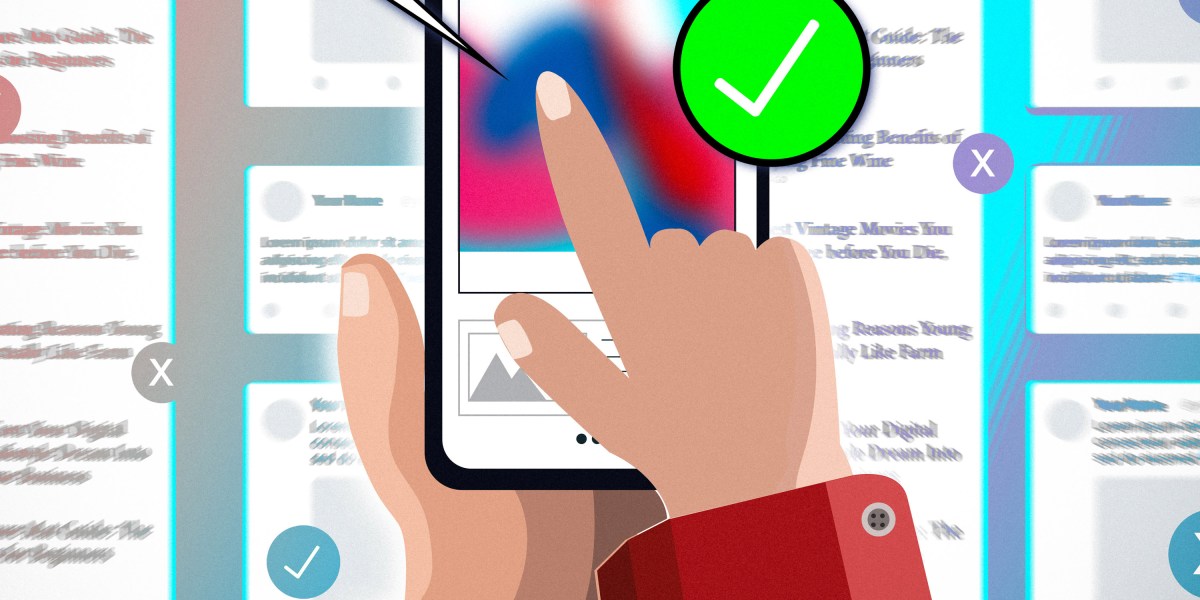Users click a button to open a side panel where they label content as accurate or inaccurate or question its accuracy, and they can identify other sources whose assessments are trustworthy. Then, when the user visits a website that contains assessments from these sources, the side panel automatically pops up to show them. The extension also checks all links on the page a user is reading. If trusted sources have assessed content on any linked pages, the extension indicates as much and fades the links to content deemed inaccurate.
In a two-week study, the researchers found that untrained individuals could use the tool effectively. Participants said having the ability to assess content and see assessments from others helped them think critically about it. The researchers are considering ways to keep users from being trapped in their own information bubbles by identifying trust relationships in a more structured way, perhaps by suggesting reliable sources like the FDA as assessors to follow.
“In today’s world, it’s trivial for bad actors to create unlimited amounts of misinformation that looks accurate, well-sourced, and carefully argued. The only way to protect ourselves from this flood will be to rely on information that has been verified by trustworthy sources,” Karger says. “Trustnet presents a vision of how that future could look.”

